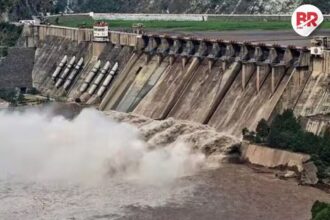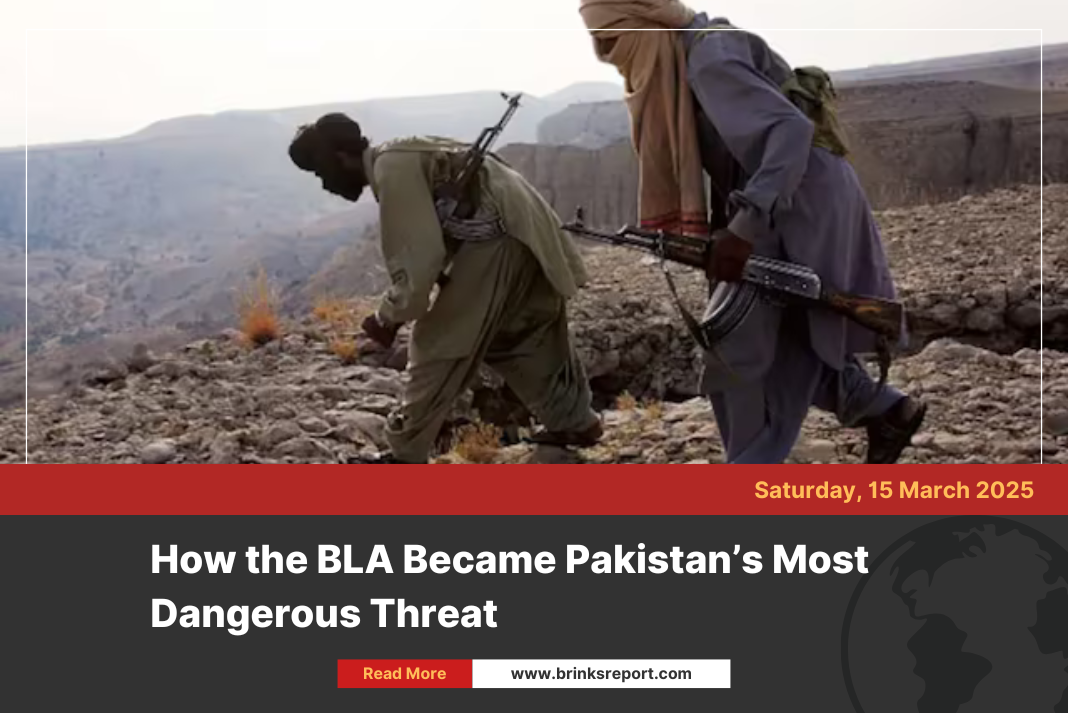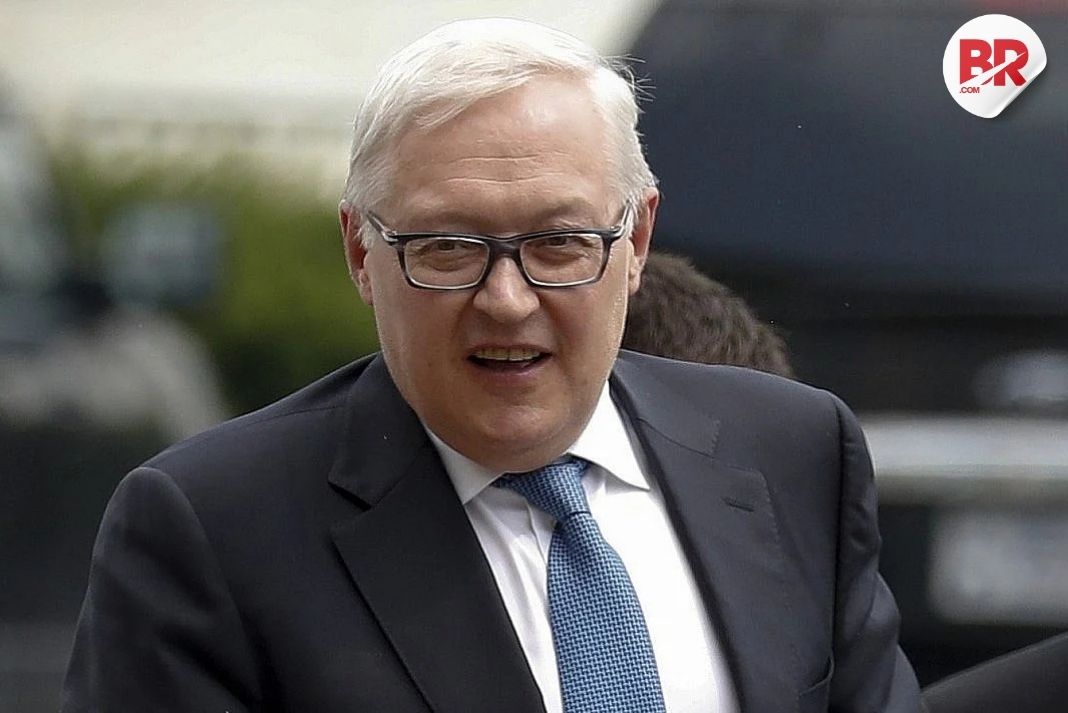
On Tuesday morning, a suicide car bomb struck a school bus in Balochistan’s Khuzdar district, killing four children and injuring at least 38 others. The vehicle, reportedly carrying students of the Army Public School (APS), was targeted while on its routine route to school.
According to Deputy Commissioner Yasir Iqbal Dashti, the bomb hit as the children were on their way to class. The loud explosion shook the area, leaving twisted metal, schoolbags, and shattered glass on the road. The nature of the bomb is still under investigation.

The average person sees the image of a burnt school bus and wonders: how many more attacks before Balochistan stops being just a “problem province” in Pakistan’s books?
Suicide car bomber strikes school bus in Pakistan’s Balochistan province, killing five people, including at least three children wounding 38 others – officials pic.twitter.com/kn6erB5jYE
— TRT World Now (@TRTWorldNow) May 21, 2025
No group has claimed responsibility yet. But suspicion, once again, falls on Baloch separatist groups like the Balochistan Liberation Army (BLA), known for targeting military and state symbols. And what symbol screams “state” louder than an Army-run school bus?
Just two days earlier, another deadly blast rocked Killa Abdullah district, killing four and injuring 20 near a market. Shops collapsed. Fires broke out. Locals ran in panic. And in the news cycle, it barely made a dent.
This is life in Balochistan. Bombs don’t surprise anyone anymore—they’re just part of the background noise.
Also Read 6 Attacks in 48 Hours: BLA’s Brutal Strikes Expose Pakistan’s Balochistan Bloodbath- See the Video
Why Balochistan Keeps Burning
Balochistan is Pakistan’s largest and most resource-rich province, rich in gas, minerals, and oil. But it remains the poorest in development, healthcare, and education. For decades, Baloch voices have accused the Pakistani state of treating the region as a colony—exploiting its resources while ignoring its people.
Ethnic Baloch groups have long called for greater autonomy. Some now demand full independence. Their anger is rooted in real history—of military crackdowns, missing persons, and economic neglect.
The Pakistani state’s answer? More military posts, more guns, more silence.
After this week’s bombings, the phrase “Republic of Balochistan” began trending on social media. Activists like Mir Yar Baloch even called for a Baloch embassy in New Delhi and asked the UN to intervene with peacekeepers.
While Islamabad continues to call this “foreign-backed terrorism,” many on the ground see it as rebellion fueled by desperation—and history.
Interior Minister Mohsin Naqvi condemned the school bus attack and expressed sorrow over the young lives lost. But condemnations have become Pakistan’s default PR response. What’s missing is action, justice, or even a real attempt at dialogue with the people of Balochistan.
The truth is bitter: Pakistan has lost the moral high ground in Balochistan. And if it doesn’t shift course—toward reconciliation and respect—the bombs won’t stop. Neither will the calls for freedom.
Also Read 71 Blows from Balochistan. 9 Strikes from India. Pakistan Is Bleeding Everywhere












